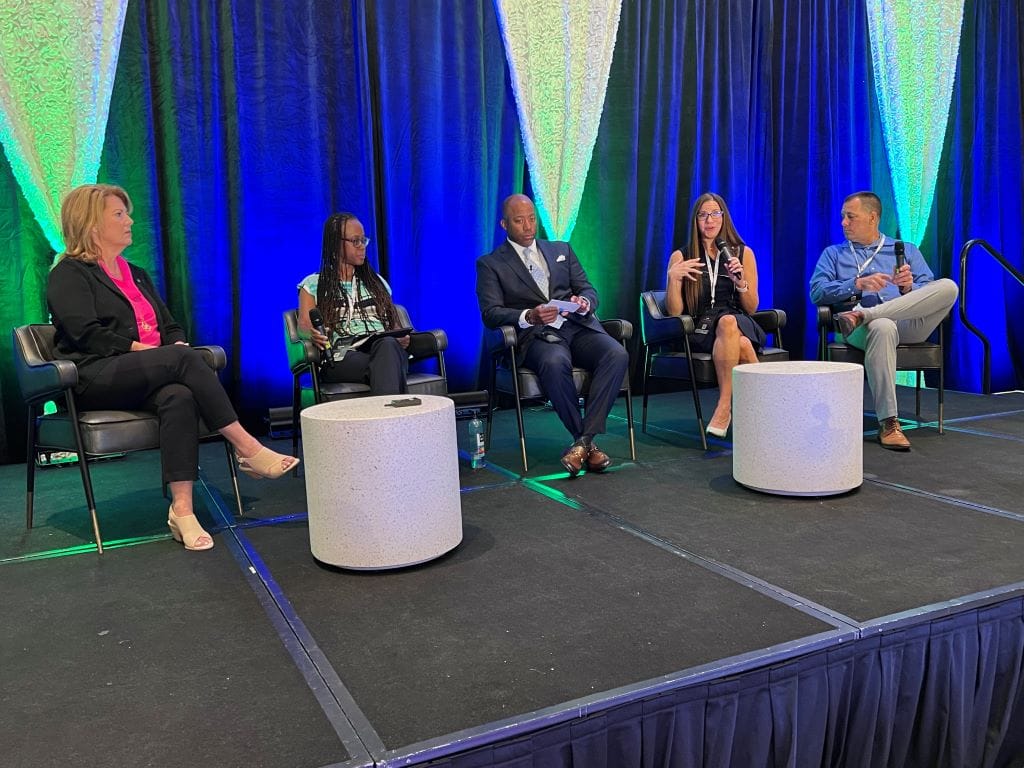Experts Tout Data-Driven Approach for State Broadband Offices
‘A data-driven approach will encourage states to be more transparent, open and honest.’

DENVER, Colorado, August 8, 2023 – States need to adopt a data-driven approach to achieving universal digital connectivity through the $42.5 billion Broadband Equity Access and Deployment program, said state broadband leaders at a Mountain Connect panel Tuesday.
“Precision outperforms politics,” said Scott Woods, president of public private partnerships at mapping company Ready.net. He told a crowd of 850 people, the largest-ever turnout at Mountain Connect, that being data driven will ensure that state broadband offices won’t succumb to political pressure or other pressure that will limit broadband connectivity.
A data-driven approach will encourage states to be more transparent, open and honest and will invite more stakeholders to take part in the discussion, said Woods. “Do the math,” he said, to understand where high-speed internet is deployed, where funding is going, and what impact it will have on the communities that are left behind.
Data can also help providers aggregate costs on a micro level and help states understand the makeup of the communities they are building out to, including the poverty constitution and where anchor institutions are. Woods said that the data can be used to develop a strategy to ensure every dollar spent will achieve the mission of the state.
Ready.net produces Broadband.Money, which is a sponsor of Broadband Breakfast.
For Mississippi, being data-driven has changed the way the state addresses connectivity challenges, said Sally Doty, director of the Office of Broadband Expansion and Accessibility of Mississippi. Having data about what services actually exist has been very helpful to our office, she said.
Dr. Tamarah Holmes, director of the Office of Broadband in Virginia, added that the data Virginia has collected has been very important, especially for the development of the upcoming challenge process and the state’s goal to be more transparent and open with stakeholders.
Also in attendance was a robot named “Temi” who told the audience that robots and artificial intelligence technologies will be universally adopted in the future, particularly in education and domestic services. The robot told guests that a high-speed internet connectivity is “critical” for the robot and other AI-enabled technology to function properly.
The BEAD program awards were allocated in June with money set to be available for states by 2024. States have the directive to connect every unserved address in the state to high-speed internet capacity.
Corrections: A previous version of this story incorrectly identified Scott Woods’ title. He is president for public-private partnerships at Ready.net, not vice president of Ready.net. The article also misidentified the name of the robot. The robot’s name was Temi, not Tenny.










